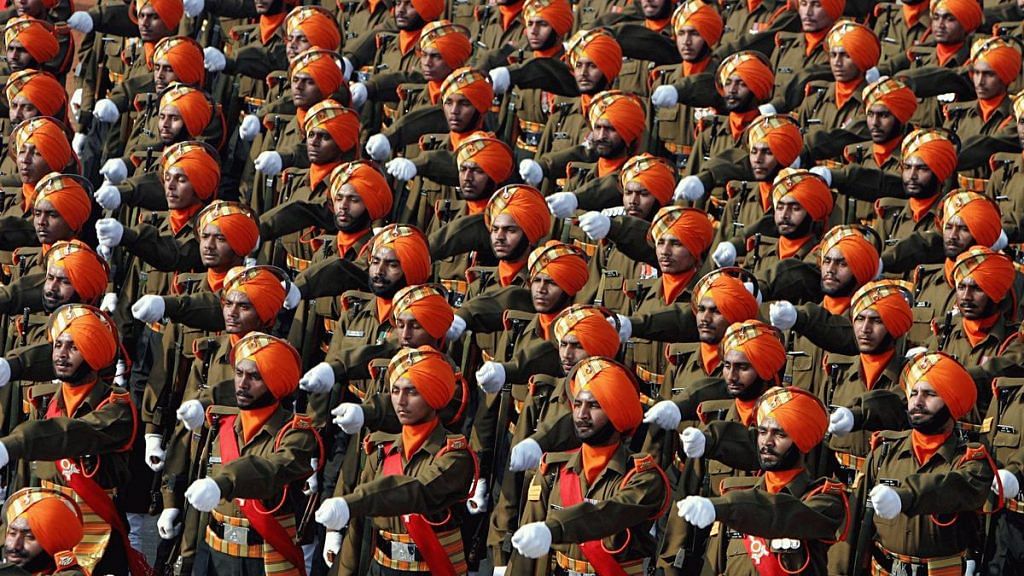A common string that runs through almost all militaries is the dilemma between discipline and justice. Discipline, no doubt, is the bedrock of any uniformed force, but should it be enforced at the cost of justice? How is a balance to be maintained? How are the two linked? Are they intertwined? The answer may not be too easy to find, but personally, I feel that the need for discipline cannot be allowed to override the concept of justice. Of course, this is not about my opinion, but it was interesting to note that many in the field feel the same. Justice promotes discipline.
Independence
Interestingly, an area of concern with many jurists dealing with the subject all over the globe is the want of proper independence in the system of military justice. In many instances, military trials and tribunals do not quite meet the standards of Article 14 of the International Covenant of Civil and Political Rights, which calls for trials by competent, independent and impartial tribunals. This has been the reason for many a litigation, leading to landmark decisions in certain jurisdictions, such as the Findlay case leading to breakthrough changes in the United Kingdom and the Généreux case, which triggered similar changes in Canada. Needless to state, you can read about these, and more, in this book that you hold.
It is felt by many quarters that most rough edges concerning military justice would be taken care of if true independence is ensured and assured in military trials & appeals, and if command influence is jettisoned. While many nations have taken concrete steps towards independence and offsetting of command influence, certain others are lagging. India, for example, though is known to have vibrant jurisprudence and progressive judicial precedents, till today does not even have in existence an independent directorate of prosecution or prosecutorial authority within the military.
The concept of an independent prosecution is firmly ensconced in various legal systems, and there is no reason for it not to flourish in a military milieu. Since the nineteenth century, much emphasis has been laid on the fairness and independence of prosecution. In India again, the early twentieth century saw many decisions underlining the preciousness of an independent prosecution. For example, in Ram Ranjan Roy v. Emperor (1915) ILR 42 Cal 422, the Calcutta High Court, noting the misconception amongst prosecutors, reiterated that the duty of the prosecution is not to support the police but to assist the Court in determining the guilt or innocence of the accused. In Ghirrao v. Emperor AIR 1933 Oudh 265, the following was stated by the Oudh Chief Court regarding the duty of a prosecutor: ‘…his duty as a public prosecutor is not merely to secure the conviction of the accused at all costs but to place before the Court whatever evidence in possession of the prosecution, whether it be in favour of or against the accused and to leave it to the Court to decide upon all such evidence, whether the accused had or had not committed the offence with which he stood charged…’.
It is therefore of great concern that what to talk of prosecutorial independence, the value of which was realised more than a century ago, the concept of independence remains hazy even to members of courts-martial (who are not legally qualified) and all other nuts & bolts of the justice dispensation system from top to bottom. We need to work on this. We also need to work on correcting the situation wherein our officers get personally enmeshed with litigation making legal processes a prestige issue, rather than following the ideally expected behaviour as the representatives of a faceless government concerned with justice and not with winning or losing. The pressure on officers performing these roles must be eased. The message must not go out that one has to win ‘by hook or crook’. Justice is nobody’s personal property. Justice belongs to all of us — to both sides in the judicial process, even in an adversarial system. While penning this, I am reminded of Justice Robert H Jackson’s famous words here: ‘Although the government technically loses its case, it has really won if justice has been done’.
